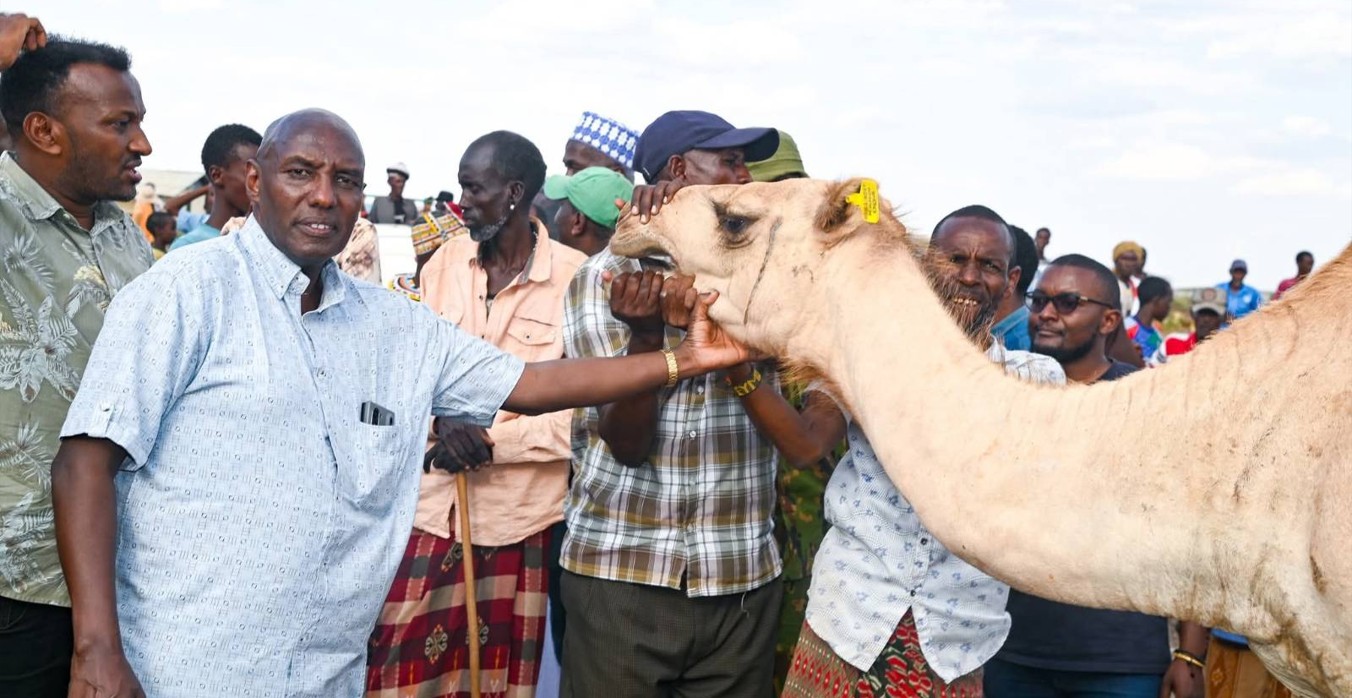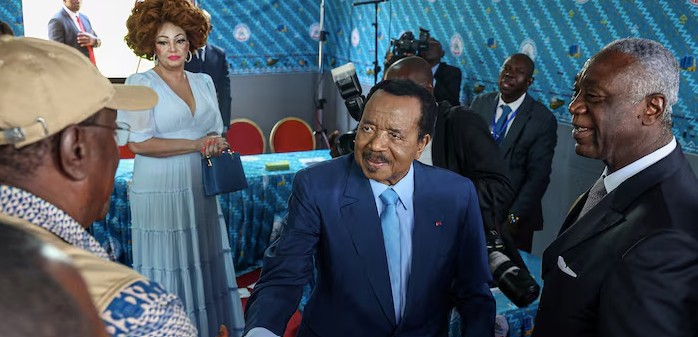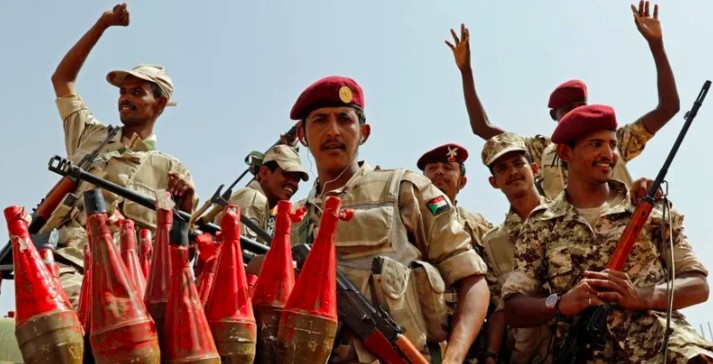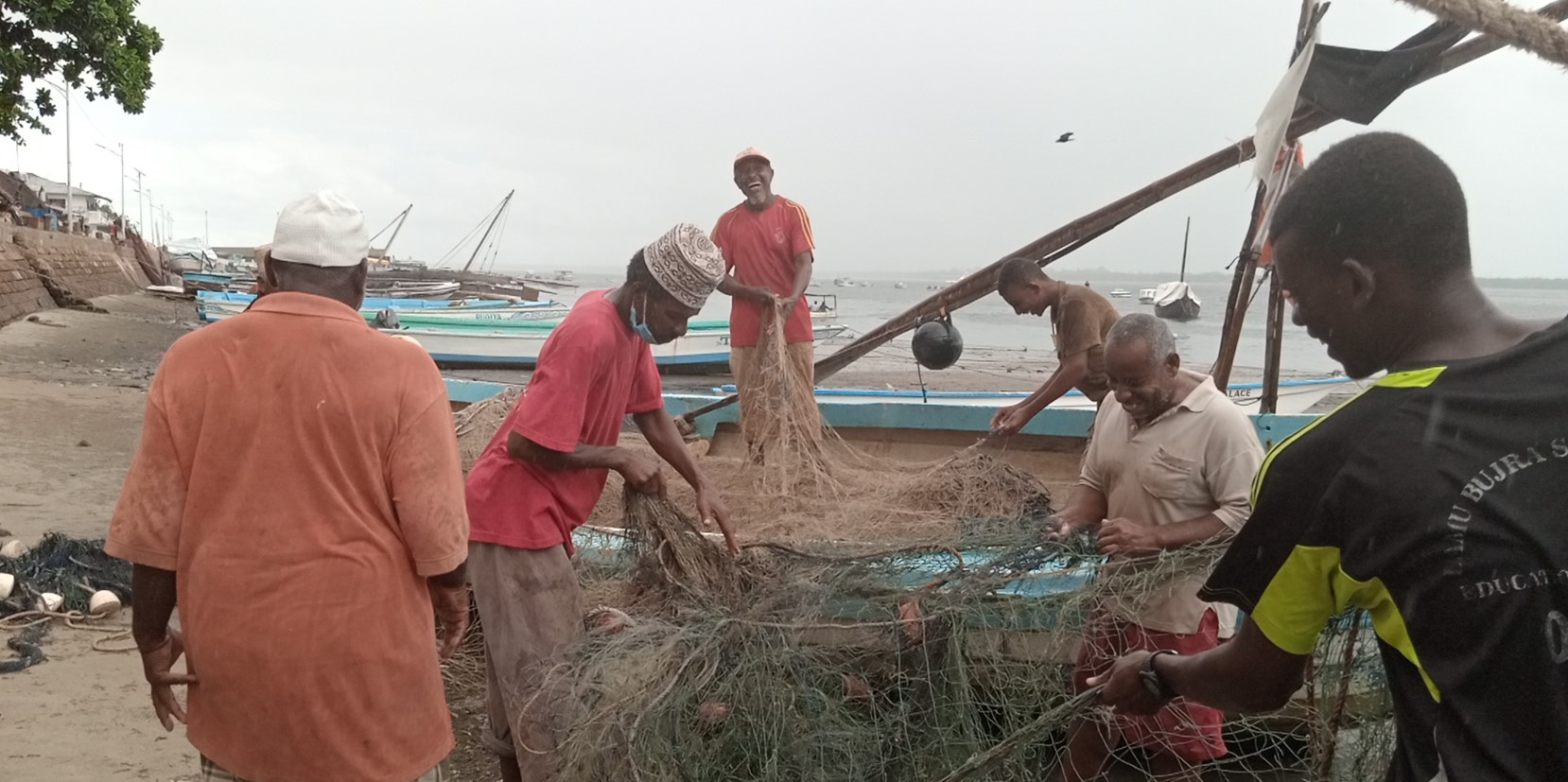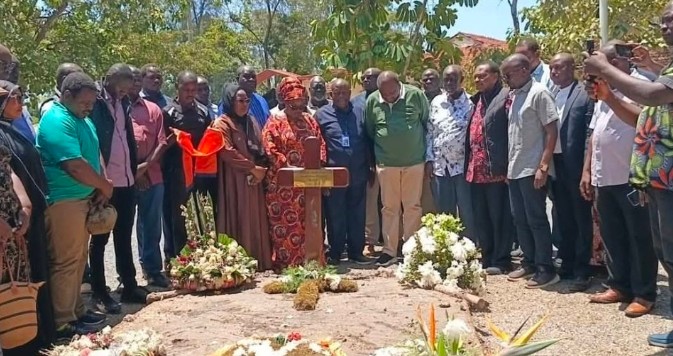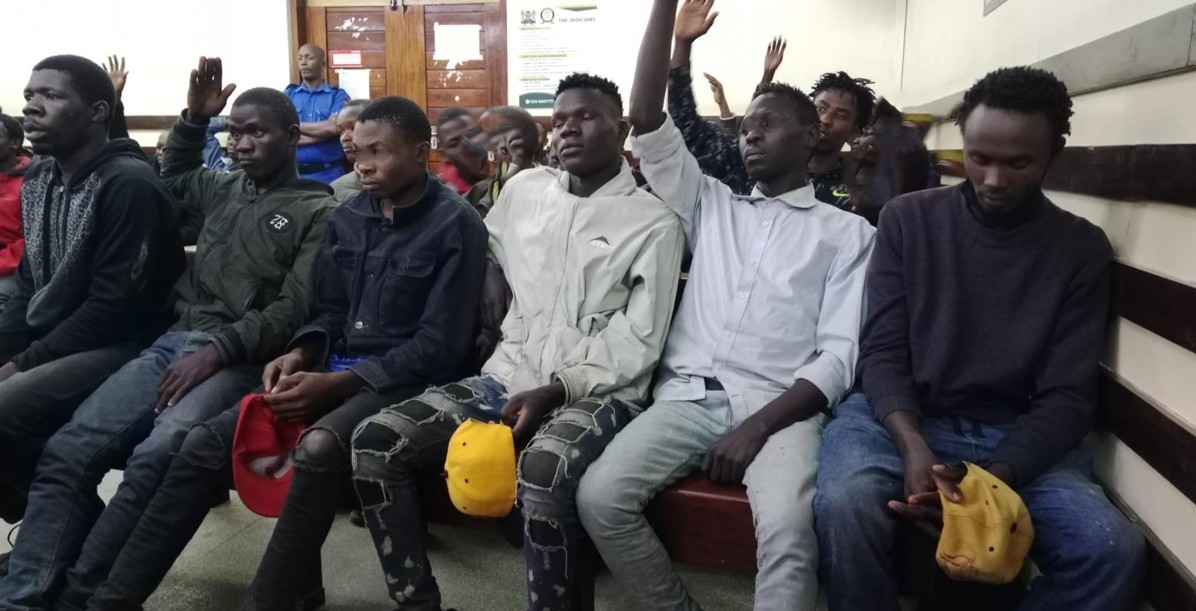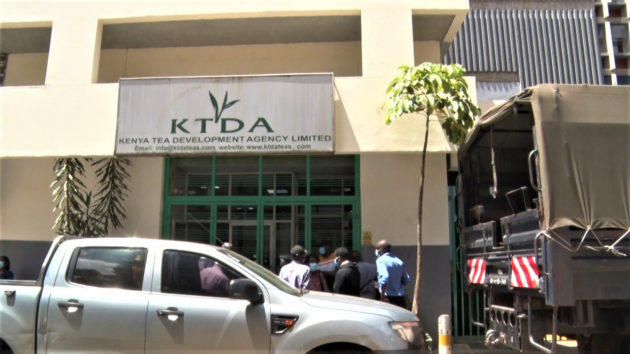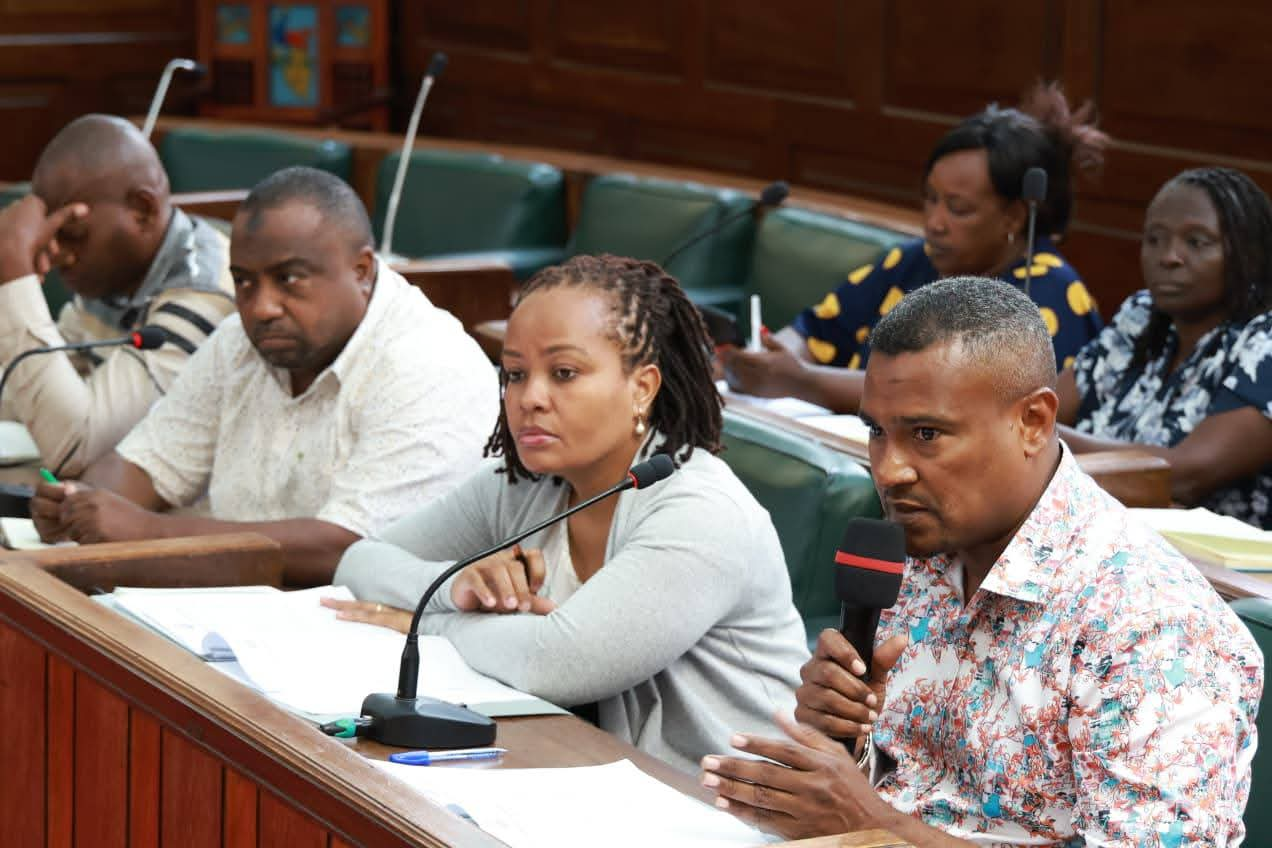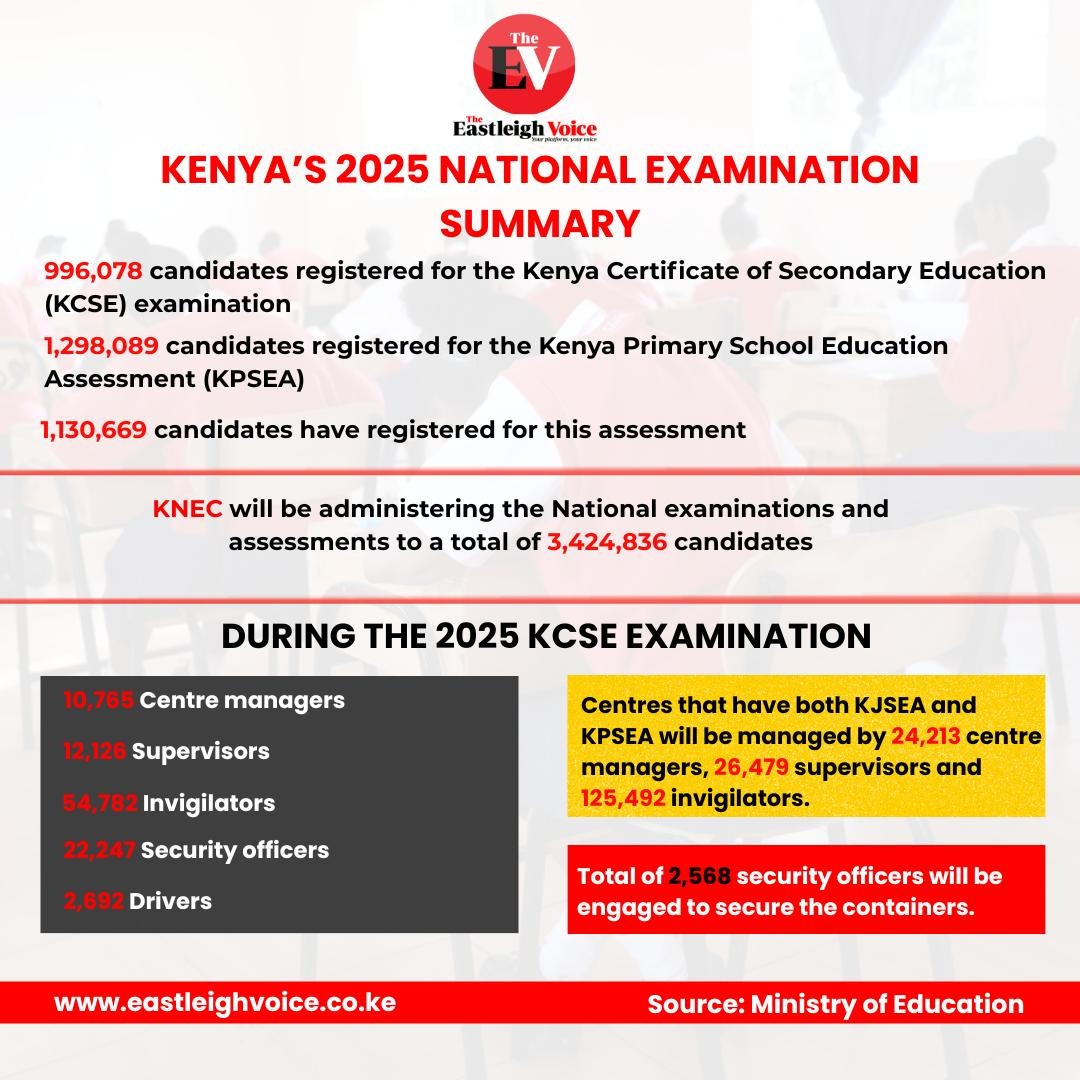Somali Council of Ministers approves new electoral and political party bills
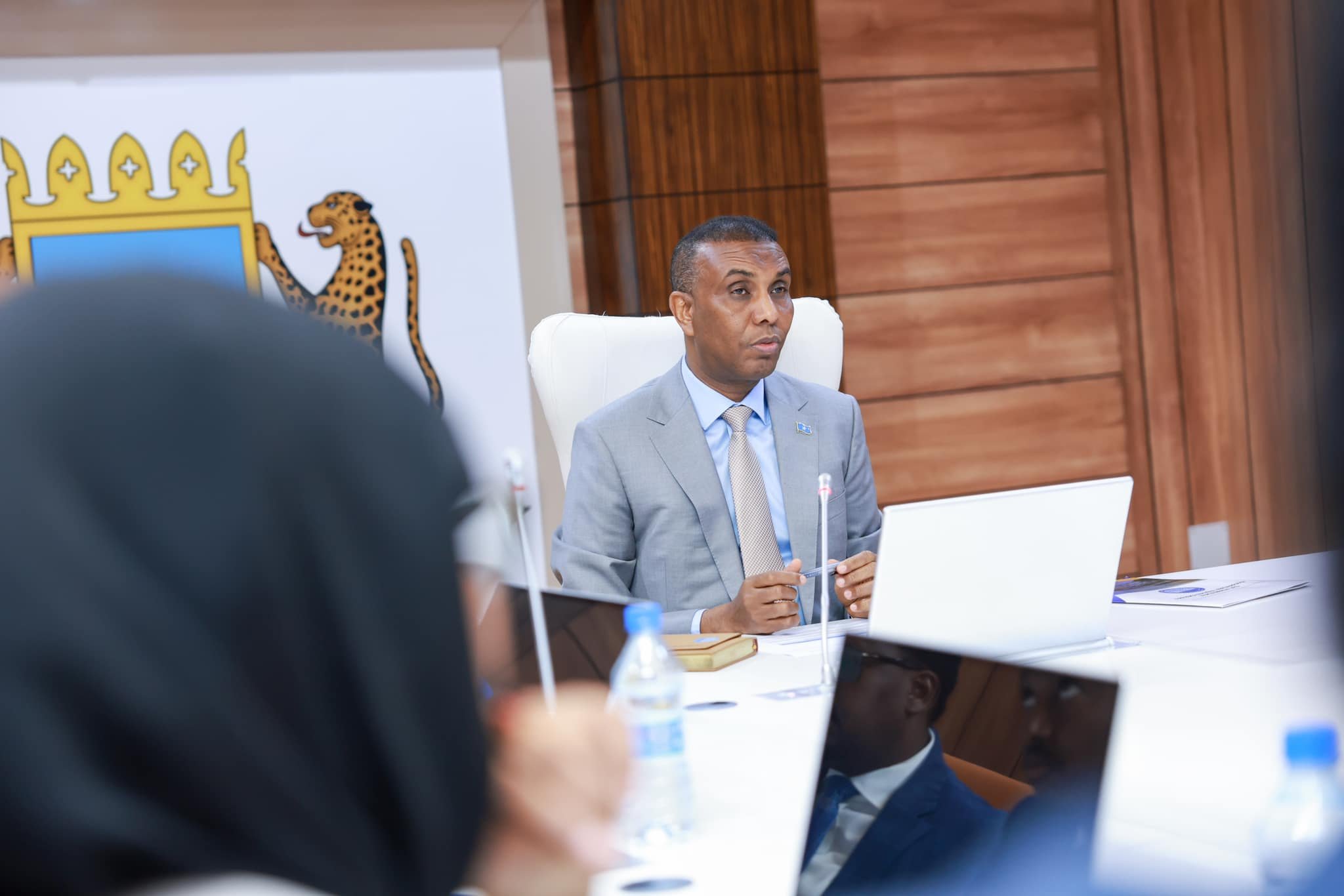
This represents a departure from the indirect voting system that has historically governed Somali elections over the last few decades.
The Somali Council of Ministers approved new electoral and political party bills during its weekly meeting in Mogadishu on Thursday.
The newly passed bills mark an important development in Somalia's electoral system, steering the country towards a one-person, one-vote election process.
More To Read
- Somalia to introduce Swahili in schools and universities to strengthen East African integration
- Somalia to begin drilling first oil block in coming months, President Hassan Sheikh Mohamud announces
- Somalia’s President Hassan Sheikh rules out indirect polls, backs one-person, one-vote
- Somali President Hassan Sheikh announces new visa rules for foreign passport holders
- Somali President Hassan calls for dialogue on Nile River dispute, reaffirms strategic ties with Egypt
- Four TikTokers arrested over viral video mocking Somali president
This represents a departure from the indirect voting system that has historically governed Somali elections over the last few decades.
Spokesperson of the office of Prime Minister Farhan Mohamed Jimale announced the approval of these bills in a video posted on social media.
He highlighted that the new bills are designed to empower citizens with the ability to directly vote for their leaders.
"These two bills passed by the Council of Ministers will define the electoral system in Somalia. Through this, Somali citizens will have a direct say in electing their leaders," Farhan said.
The bills are expected to be introduced to the Somali parliament early next week.
Despite the government's intentions, the bills have already sparked opposition from several politicians, including former Presidents and parliamentarians. These critics argue that the country is not yet ready for such a direct voting system, expressing concerns that the proposed changes could lead to election rigging.
The push towards direct elections began last year when the National Consultative Council, which includes key federal leaders like President Hassan Sheikh Mohamud, Prime Minister Hamza Abdi Barre, Deputy Prime Minister Salah Ahmed Jama, four regional leaders, and the Mayor of Mogadishu, convened in Mogadishu for four days.
The council endorsed the shift to a direct voting system, considering it a critical step in Somalia's electoral process.
The new bills also include a provision that limits Somalia to having only two political parties. This provision has attracted criticism from opposition groups, particularly from former Presidents Mohamed Abdullahi Farmaajo and Sheikh Sharif. These leaders have voiced concerns that restricting the number of political parties could limit political diversity and representation.
The bill will also grant the president the authority to appoint the leader and deputy leader of the Banadir region.
In May last year, President Hassan discussed the country's plans to transition to one-person, one-vote elections in a televised interview.
He emphasised that the government is committed to avoiding a return to the indirect election system under which he was elected twice, most recently in May 2022.
The President outlined the government's intention to begin preparations for direct elections soon, indicating that there is ample time to ensure the process is properly organised for the 2026 elections.
He also mentioned that there are different models for conducting one-person, one-vote elections and that the Somali people will need to decide which model best suits their needs.
Top Stories Today
